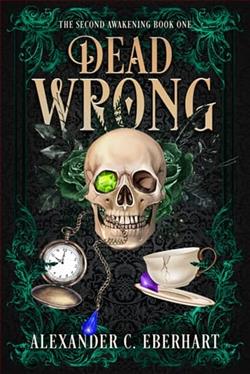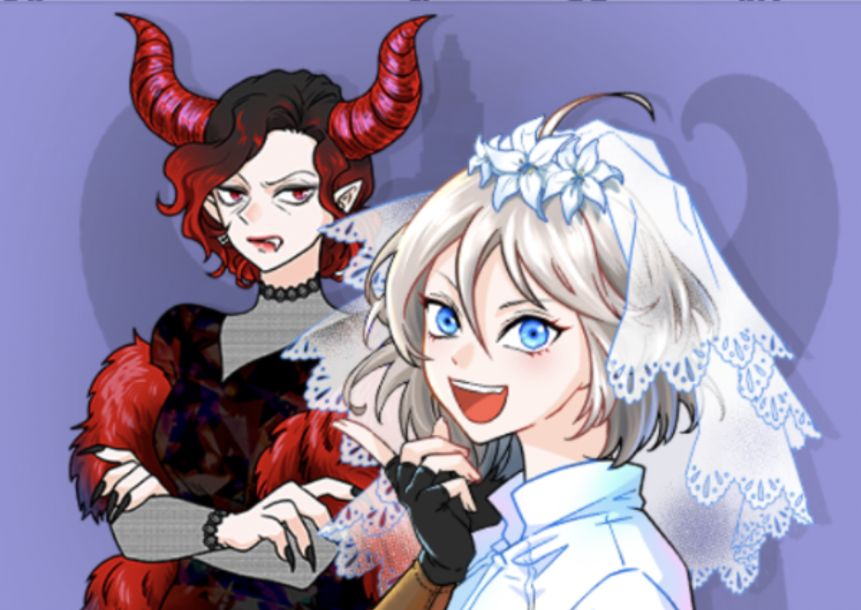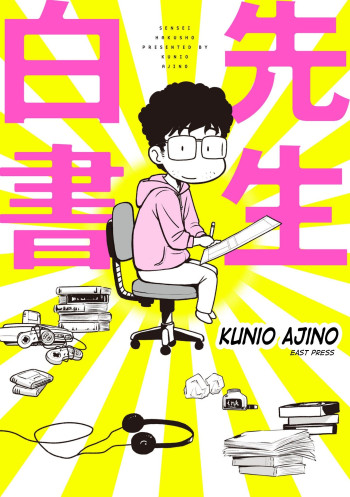Alexander C. Eberhart’s Dead Wrong is a gripping tale that navigates the murky waters of life, death, and the complex web of relationships that bind us. At its core, the novel is a compelling exploration of identity, redemption, and the haunting nature of past mistakes. Eberhart crafts a narrative that is both thrilling and introspective, inviting readers to ponder the very essence of what it means to be alive.
The story begins with Tobias Greene, a character who is as enigmatic as he is relatable. Tobias is thrust back into the world of the living after his death, a resurrection that is as mysterious as it is unsettling. The catalyst for his return is the disappearance of his twin sister, Lynette, a plot device that immediately hooks the reader. The urgency of Lynette’s situation is palpable, and Eberhart masterfully uses this tension to drive the narrative forward.
One of the most striking aspects of Dead Wrong is its exploration of identity. Tobias’s journey is not just about finding his sister; it’s about rediscovering himself. The memories of his past life flood back, bringing with them a torrent of guilt and regret. Eberhart delves deep into Tobias’s psyche, painting a vivid picture of a man who is haunted by his past actions. This internal struggle is beautifully juxtaposed with the external conflict of the missing Lynette, creating a rich tapestry of emotional depth.
The relationship between Tobias and Bastien, his ex-boyfriend, adds another layer of complexity to the story. Their interactions are charged with tension and unresolved emotions, a testament to Eberhart’s skill in crafting realistic and compelling characters. The contempt in Bastien’s eyes is a constant reminder of the pain Tobias has caused, and their dynamic serves as a poignant reminder of the consequences of our actions. This relationship is not just a subplot; it is integral to Tobias’s journey of self-discovery and redemption.
In terms of themes, Dead Wrong is a meditation on the nature of redemption and the possibility of change. Tobias’s resurrection is symbolic of a second chance, an opportunity to right the wrongs of his past. However, Eberhart does not offer easy answers. The path to redemption is fraught with challenges, and Tobias must confront the darker aspects of his personality. The novel raises important questions about whether people can truly change and whether forgiveness is possible.
The supernatural elements of the story are seamlessly woven into the narrative, enhancing the overall impact without overshadowing the human drama at its core. The concept of the Magi Council and the magical underpinnings of the world add a layer of intrigue and mystique. Eberhart’s world-building is subtle yet effective, providing just enough detail to immerse the reader without overwhelming them with exposition.
Comparatively, Dead Wrong shares thematic similarities with works like Neil Gaiman’s American Gods and V.E. Schwab’s A Darker Shade of Magic. Like Gaiman and Schwab, Eberhart blends the fantastical with the mundane, creating a world that feels both familiar and otherworldly. However, Eberhart’s focus on personal redemption and the intricacies of human relationships sets his work apart, offering a fresh perspective within the genre.
Character development is one of the novel’s strongest suits. Tobias is a flawed yet sympathetic protagonist, and his growth throughout the story is both believable and satisfying. Eberhart takes care to flesh out the supporting characters as well, each of whom plays a crucial role in Tobias’s journey. Lynette, though absent for much of the novel, is a constant presence, her influence felt in every decision Tobias makes. Bastien, too, is a well-rounded character, his motivations and emotions adding depth to the narrative.
The pacing of Dead Wrong is expertly handled, with Eberhart balancing moments of intense action with quieter, introspective scenes. This rhythm keeps the reader engaged, allowing for both excitement and reflection. The prose is crisp and evocative, with Eberhart’s descriptive language bringing the world and its characters to life.
Overall, Dead Wrong is a thought-provoking and emotionally resonant novel that will appeal to fans of both fantasy and character-driven narratives. Eberhart’s ability to weave together themes of identity, redemption, and the supernatural results in a story that is as entertaining as it is meaningful. For readers seeking a novel that challenges them to think deeply about the nature of life and the possibility of change, Dead Wrong is a must-read.
In conclusion, Alexander C. Eberhart has crafted a novel that is both a thrilling mystery and a profound exploration of the human condition. Dead Wrong is a testament to the power of storytelling, a reminder that even in the darkest of times, there is always the possibility of redemption and the hope of a new beginning.
























Reviews 0
Post a Reviews: